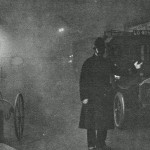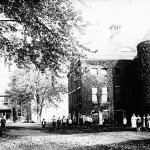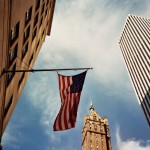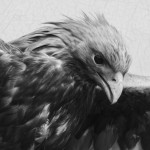It’s been said that human beings warp everything that they touch as a consequence of original sin. Like Midas, whatever we come in contact with, we distort, however slightly, either through some degree of ignoble intention or some incapacity to effectuate what is pure. In other words, even our best achievements are tainted by motives that always ring with a tad bit of pride, self-interest, or spite, or are not as fine as they might have been because those self-same... Read more
















